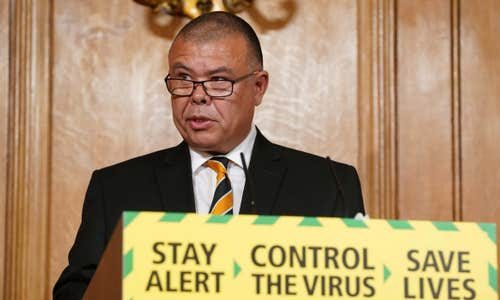Covid-19 isolation period extended from 7 to 10 days
The length of time people with coronavirus symptoms in England will have to self-isolate for is to be increased from seven to 10 days, England’s deputy chief medical officer Professor Jonathan Van-Tam has confirmed.
He told reporters the change was being made due to the “low but real possibility of infectiousness” between seven and 10 days after the onset of the illness.
Health Secretary Matt Hancock earlier said the science had been “developing” and the Government wanted to take a “precautionary approach to make sure that we can keep people in this country as safe as possible.
The UK’s chief medical officers, Professor Chris Whitty, Dr Frank Atherton, Dr Gregor Smith and Dr Michael McBride, said the decision “will provide additional protection to others in the community”.
A joint statement said: “In symptomatic people Covid-19 is most infectious just before, and for the first few days after symptoms begin. It is very important people with symptoms self-isolate and get a test, which will allow contact tracing.
“Evidence, although still limited, has strengthened and shows that people with Covid-19 who are mildly ill and are recovering have a low but real possibility of infectiousness between seven and nine days after illness onset.”
The medical officers said it is “now the correct balance of risk to extend the self-isolation period from seven to 10 days for those in the community who have symptoms or a positive test result”.
“This will help provide additional protection to others in the community,” they said.
“This is particularly important to protect those who have been shielding and in advance of the autumn and winter when we may see increased community transmission.”
Mr Hancock earlier warned that a new spike in Covid-19 cases is “clearly” beginning to emerge in Europe as he said “we’ve got to do everything” to prevent it reaching the UK.
“I am worried about a second wave. I think you can see a second wave starting to roll across Europe and we’ve got to do everything we can to prevent it from reaching these shores and to tackle it,” Mr Hancock told Sky News.









